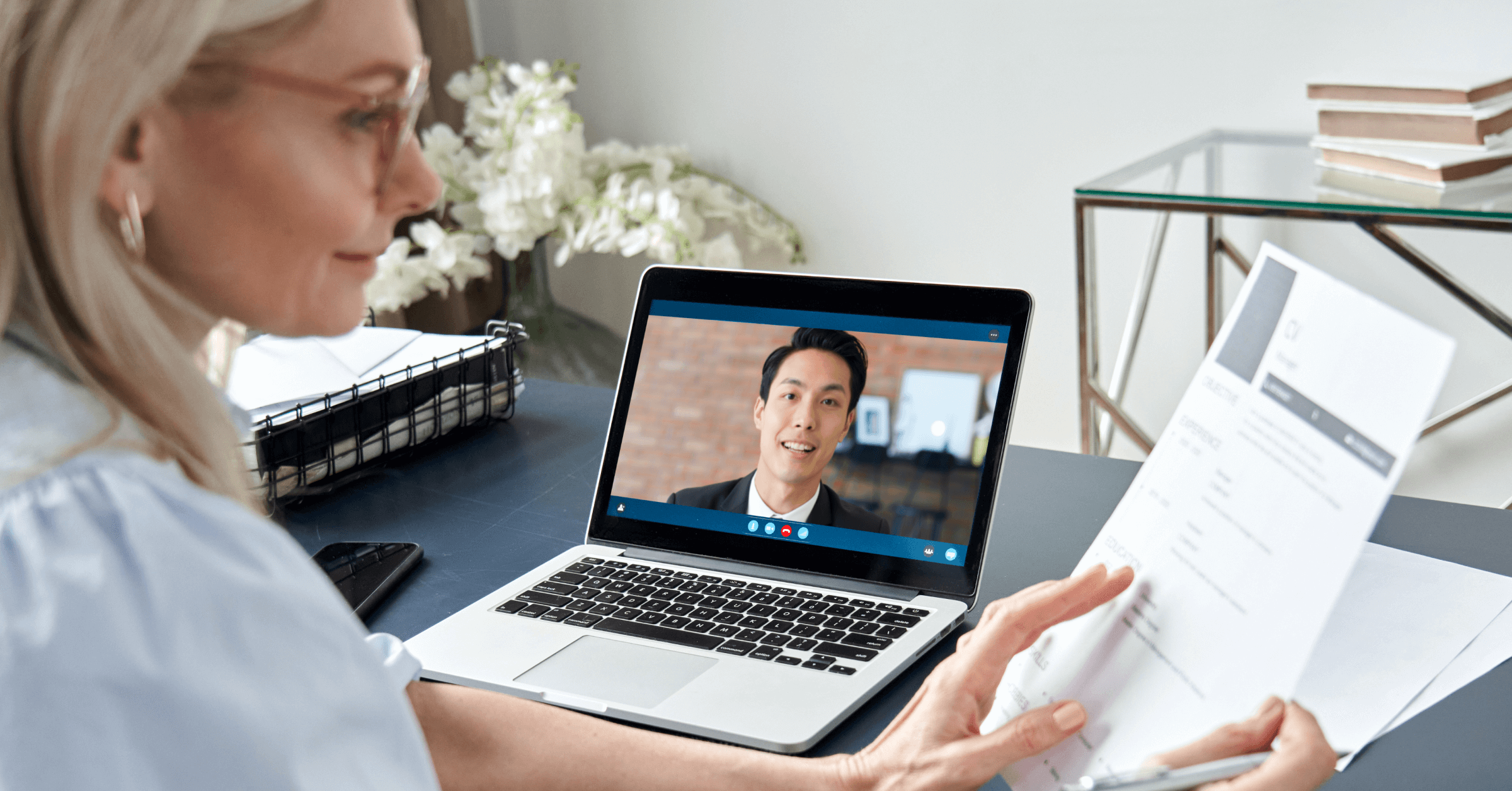Insider Tips For Nailing Your Residency Interview

What are program directors looking for in potential residents? There’s no question— they want to be wowed! To knock their socks off, you must go in with confidence and simply be yourself. Show them how you’ll be a good fit in their program and that your demeanor would perfectly suit all those patient encounters. Dr. Johanna Hase, who completed her internal medicine residency at NYU, shares her advice on nailing your interview and matching into the program of your dreams.
Turn your weaknesses into strengths
There is no one-size-fits-all structure to the medical residency interview. Different programs may follow different procedures. One thing is for sure: you will be asked questions about the information you provided in your application, extracurricular activities, research projects, and work experience.
While you should prepare for these common questions, be ready for some surprises as well. One question that threw Johanna off was when “a program director asked me why my Step 2 CK score was so much better than my Step 1 score. I answered honestly — that basic science was not a strength of mine, and that I learn much better when I can apply patient experiences to a theoretical scenario.” See, sometimes you can turn weaknesses into strengths!
Dress to impress
Johanna recommends to “always dress conservatively and wear a well-tailored suit” even when the interview is virtual. To stand out, she suggests pairing your suit with a colorful shirt underneath. Oh, and she cannot overemphasize that ‘well-tailored’ component, no matter what gender you identify with.
Remember, you are interviewing them too
Determine what is important to you and prepare questions based on those factors. For Johanna, these included “what the patient population was like, whether there was protected academic time, the culture of the program, and the quality of teaching.” She also prepared personal questions for program directors, like “what would they change if they could and what were they most proud of?”
You will be going on a lot of interviews, so do your homework on the program. “I made sure to review available information about the residency program the night before my interview and prepared a few questions on the material covered. In my experience, 99% of program directors will ask if you have any questions at the end of the interview.” It is impressive if you have some background information on the program and can lead a discussion on important considerations.
“Remember that as much as you are being interviewed, you are also interviewing them.” Keeping this in mind helped Johanna stay more relaxed and made her interviews feel more like normal conversations.
Go with your gut
You’ve now been on 14 or so residency interviews and are waiting on an answer. If you are offered more than one, how do you decide which one to choose? For Johanna, “it was a gut feeling.” She ranked programs based on two main factors—“feeling a connection with the current residents and faculty and shared ideals of working with an underserved population.”
While choices may vary, keep in mind what is important for you. Jot down some notes at the end of each interview so you can remember what you liked/disliked later on. “You will go on so many interviews that it will become a blur in the end, and you may forget [things] if you don’t document some important points right away.”
Another tip Johanna suggests “is to call a friend or family member to tell them about each interview. It’s amazing how much they will be able to remind you about whether you liked a program or not,” as long as you can remember who you called. You’ll probably want to jot that down, too!
Do you have what it takes?
By the time you reach the interview process, grades become less important — they’ve already screened for that. At this point, Johanna says “they are more concerned with you being a good team player, whether you’re a hard worker, if you’re respectful, and if you are a good fit for the program.” Go in humble, open-minded, and relaxed. You were chosen for a reason and you should be proud.
And if there is a program that you are just dying to get into but didn’t get the interview invitation? “Email them! You have nothing to lose. Showing initiative may actually boost your chances with that program.”
Whether you’ve already started the interview cycle or are at the very beginning of the process, allow yourself some time to reflect on the kind of life you desire. Ask yourself some important questions: Where do you see yourself living? What kind of working environment is important to you? How paramount is work-life balance? This is a life-changing decision, so you want to get it right the first time around. Not only are you being chosen, but you are choosing, too. Choose wisely.
Check out the AMBOSS Transition to Residency Guide to get inside tips & tricks on making the switch from student to doctor.
